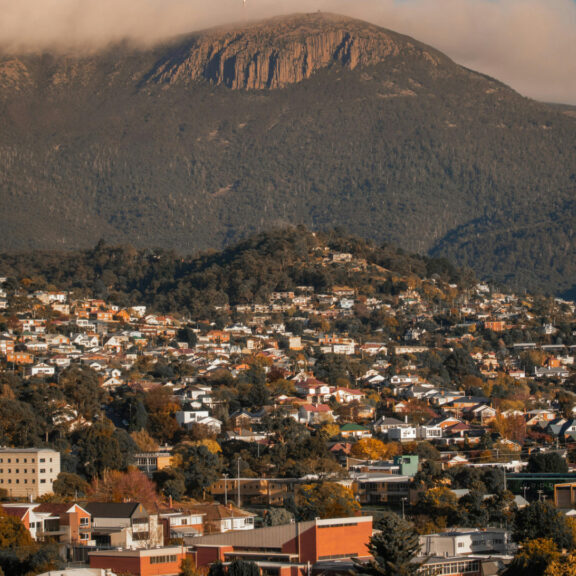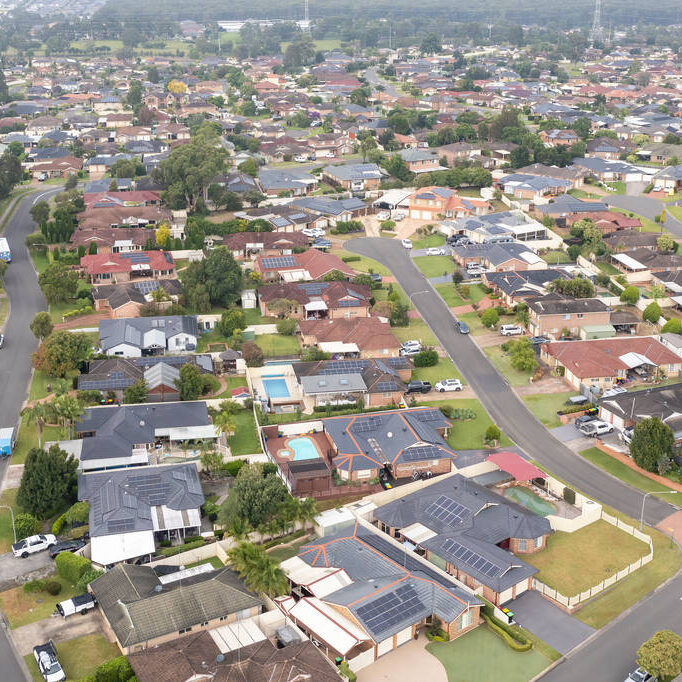You may be chasing more affordable prices, dreaming of a lifestyle change, or spotting investment potential in a different market altogether. No matter the reason, buying property in another state can be pretty tempting. But let’s be clear: buying interstate isn’t quite the same as finding a place down the road. You may have to […]
Difference Between Airbnb and Traditional Renting in Hobart
Hobart’s property market has become a hotspot for investors largely because of its strong tourism demand and stable rental market. But that doesn’t mean all property investments in this Tasmania capital are a sure win. One factor to consider is deciding between short-term rentals like Airbnb and traditional long-term renting. Each option has distinct advantages and challenges, so finding the right fit depends on what your goals are, where your property is located, and how you like to manage things. In today’s guide, we’ll break down the profitability, potential for capital growth, and other factors to help you weigh options and settle the Airbnb vs rental debate. If you choose Airbnb, partnering with a digital marketing agency can also help boost your visibility and attract more guests during competitive seasons.
Airbnb: The Short-Term Rental Model
Airbnb has brilliantly transformed how properties are rented out, particularly in tourist-heavy cities like Hobart, which is home to MONA (Museum of Old and New Art), Salamanca Market, and the annual Dark Mofo festival. Airbnb rentals often command significantly higher nightly rates than traditional renting. For example, a two-bedroom property in Battery Point can earn $250 per night during peak tourist seasons like summer or major events. Over a month with high occupancy rates, this could translate to $7,500 in revenue—far exceeding what you might earn from traditional renting. However, it pays to note that this profitability isn’t consistent year-round. Hobart experiences fluctuations in tourism demand, with quieter months during winter potentially leading to lower occupancy rates and reduced income.
Capital growth potential is another factor that makes Airbnb appealing. Properties in tourist hotspots, such as Sandy Bay or Salamanca Place, often see increased demand from buyers looking to enter the short-term rental market. This demand can drive up property values over time. Also, if you position your property as premium accommodation with features like modern interiors or waterfront views, your property may achieve faster appreciation than standard residential properties.
However, there are several downsides to Airbnb renting. For example, Airbnb comes with higher management costs and responsibilities. Frequent guest turnover requires regular cleaning, maintenance, and marketing efforts to maintain high ratings on the Airbnb platform. Many investors hire professional property management services to handle these tasks, which can take 15–25% of their rental income. Also, short-term rentals are subject to stricter regulations in Hobart. Some suburbs require permits for short-term rentals, and council restrictions may limit how you use your property.
Traditional Renting: The Long-Term Rental Model
In the Airbnb vs traditional rental debate in Australia, traditional renting often wins in terms of income predictability and stability. Hobart’s strong demand for long-term rentals is driven by its growing population, affordability compared to larger Australian cities, and steady demand from families and students attending the University of Tasmania (UTAS). For example, a three-bedroom home in Kingston might rent for $600 per week, providing consistent monthly income without the seasonal fluctuations usually experienced when running short-term rentals like Airbnb homes.
In terms of capital growth potential, traditional rentals tend to follow broader market trends rather than being influenced by tourism demand. Suburban areas like Glenorchy or New Town often attract families looking for reasonably priced housing near schools and amenities. These areas may not experience the same rapid appreciation as tourist hotspots, but they can provide steady capital growth over time due to infrastructure development and population increases.
Traditional renting also comes with lower management costs than Airbnb. Property managers typically charge 6–12% of the monthly rent for their services in Hobart. This fee covers tenant screening, routine inspections (required every three months under Tasmanian tenancy laws), rent collection, and handling maintenance requests. Unlike Airbnb properties that demand constant attention every time a guest books, long-term rentals are relatively hands-off once tenants are settled.
However, traditional renting provides less flexibility than Airbnb when it comes to adjusting rental terms or using the property yourself. Tenancy agreements are governed by Tasmania’s Residential Tenancy Act 1997, which outlines strict rules regarding lease terms, notice periods for evictions or inspections, and rent increases.
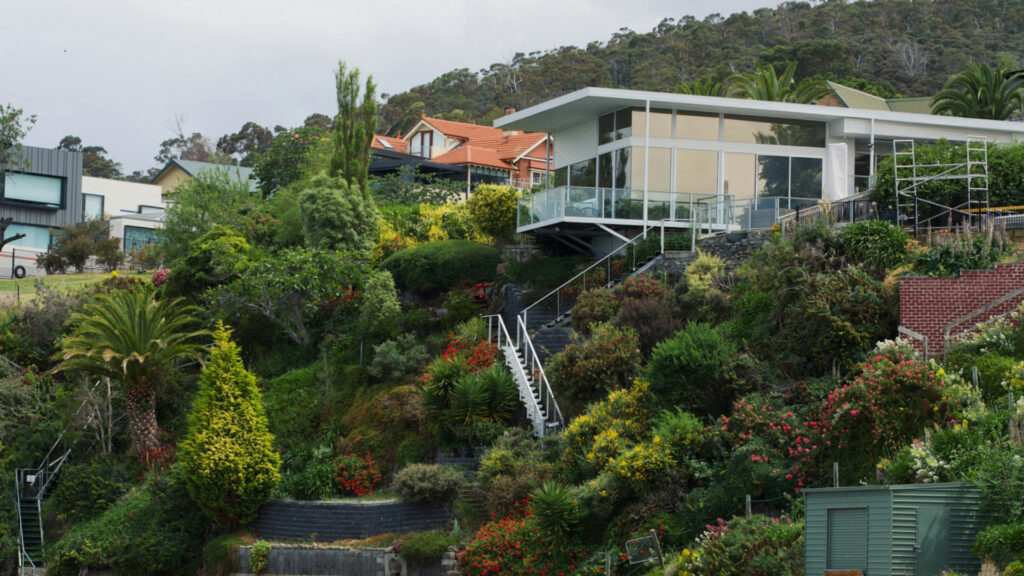
Comparing Profitability: Airbnb vs Traditional Rental
When comparing the profitability of Airbnb and traditional renting in Hobart, you must consider gross income potential and associated costs. While Airbnb can generate higher revenue during peak seasons due to high nightly rates, its overall profitability depends on maintaining high occupancy rates year-round. Seasonal gaps during cold months can dramatically lower annual income unless your property is in a highly desirable area like Battery Point or Salamanca Place.
Traditional renting offers a steadier income throughout the year but typically generates lower gross revenue than Airbnb during peak seasons. However, after factoring in lower management costs and fewer vacancies, long-term rentals may provide comparable net returns over time—especially if your property is in a suburban area with strong tenant demand.
Airbnb vs Traditional Renting: Other Key Considerations
Time Commitment
Managing an Airbnb property requires significant time investment or hiring professional services for tasks such as guest communication, cleaning coordination, and marketing updates on platforms like Airbnb or Stayz. Traditional renting involves less day-to-day involvement once tenants are secured but still requires occasional oversight through routine inspections or maintenance requests.
Tax Implications
Income from Airbnb is taxed as business income if annual turnover exceeds $75,000—requiring GST registration. On the other hand, traditional rental income is taxed as investment income with potential benefits such as negative gearing deductions on interest payments or maintenance expenses.
Which Option Is Right for You?
Choosing between Airbnb and traditional renting depends on your long-term goals and lifestyle preferences as an investor. If your property is located in a high-demand tourist area like Battery Point or Salamanca Place, and you’re comfortable with active management (or outsourcing it to a property manager), Airbnb may offer higher profitability during peak seasons along with faster capital growth potential.
On the other hand, if you prefer predictable income with lower management involvement—and your property is located in a family-friendly suburb like Kingston or Glenorchy—traditional renting might be the better fit for your investment strategy.
Let Us Help You Make a Well-Informed Decision
Both Airbnb and traditional renting have advantages depending on your goals as a property investor in Hobart. However, you must deeply understand the differences in profitability, capital growth potential, regulatory requirements, and management demands to make an informed decision that aligns with your financial objectives.
If you need further help or tailored advice on maximising returns from your investment property—whether through short-term or long-term renting—contact Deltos Finance today! Our team specialises in helping Hobart investors deal with the complexities of property ownership and secure the best investment loan products.
Enquire Now
Find Your Perfect Finance Solution
Let's discuss your finance needs. We’re here to help.
More posts from Deltos Finance
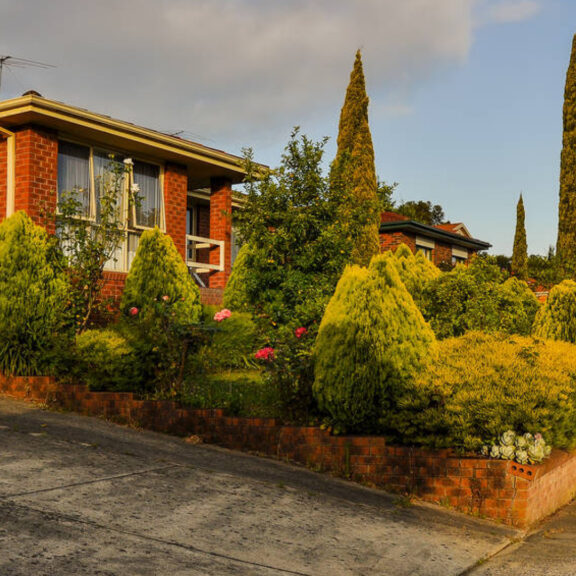
Suburbs with the Highest Rental Yield in Tasmania
The term “rental yield” is music to any property investor’s ears. It’s the key metric that indicates the annual return on your investment, essentially the percentage of the property’s value that comes back to you in rental income. In a market like Tasmania, which has been gaining traction for its overall investment appeal, pinpointing the […]
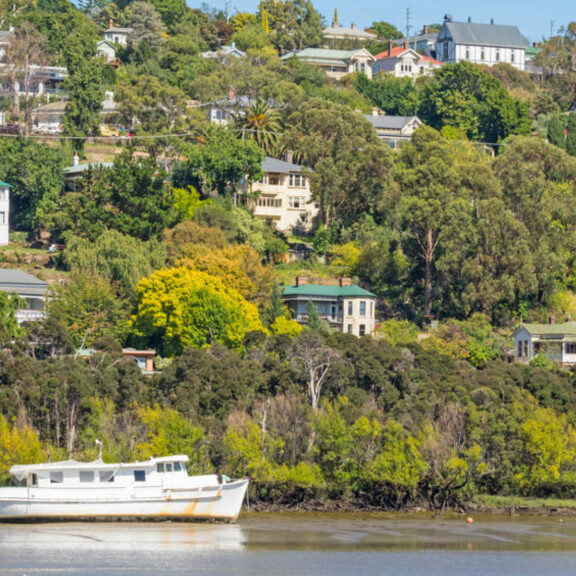
Launceston: A ‘Second Wind’ Property Market You Should Invest in Now
When talk turns to Tasmania’s property scene, it’s easy for the spotlight to shine brightly on Hobart, with its bustling waterfront and historic charm. But just a little further north, nestled at the head of the picturesque Tamar Valley, lies Launceston—a city that quietly hits its stride and presents a compelling proposition for savvy property […]
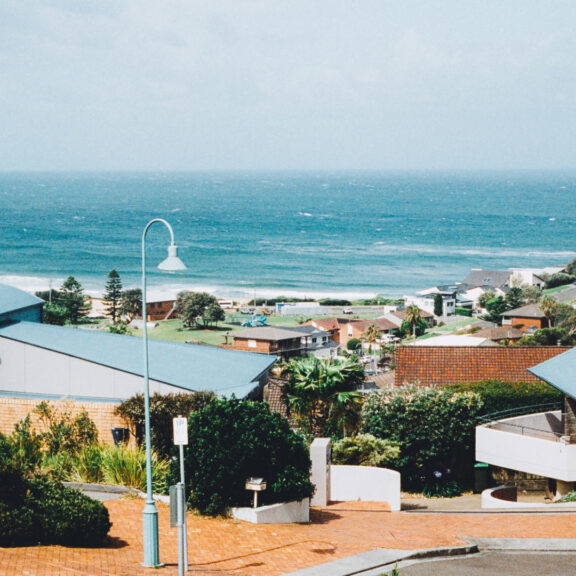
How Often Does Property Double in Value?
Every homeowner has likely dreamed of their property doubling in value in the future, turning into a valuable nest egg or funding their next big adventure. But how long does it actually take for a property to double in value? And how often does it happen? While there’s no magic eight-ball to predict the property […]

Stamp Duty Exemption for First-Home Buyers in Tasmania: Has It Paid Off?
Purchasing a property has historically come with major financial difficulties, especially for first-home buyers in Tasmania or any other state for that matter. The stamp duty is one of those most notable monetary challenges for homebuyers. Essentially, it’s a tax levied on property purchases that often adds tens of thousands of dollars to upfront costs. […]
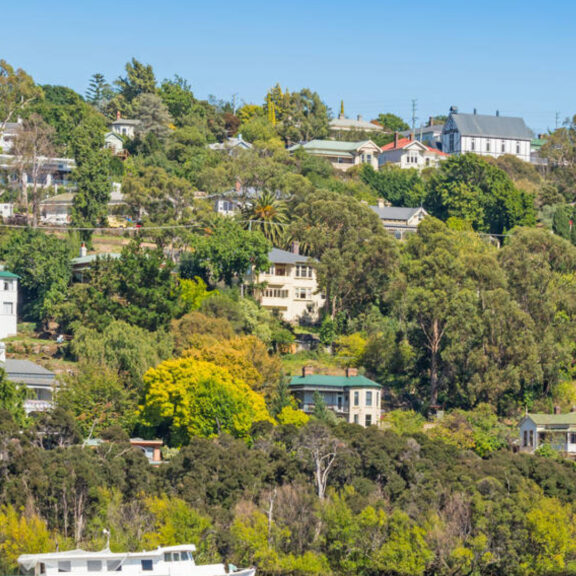
Is Launceston a Good Place to Live?
The short answer is yes, especially if you want a more affordable lifestyle without giving up access to key services, natural beauty, and long-term opportunities. Also, with its blend of heritage charm, steady economic growth, and a property market still within reach for many Australians, Launceston, Tasmania, is gaining momentum as a popular area for […]

Hobart Property Management Fees: A Complete Guide
You’ve already secured an investment loan and finalised your rental property purchase in Hobart. Now, it’s time to take action by listing the property for rent and managing it effectively to start generating rental income. But how much should you expect to spend on property management in Hobart, Tasmania? As Tasmania’s capital continues to attract […]
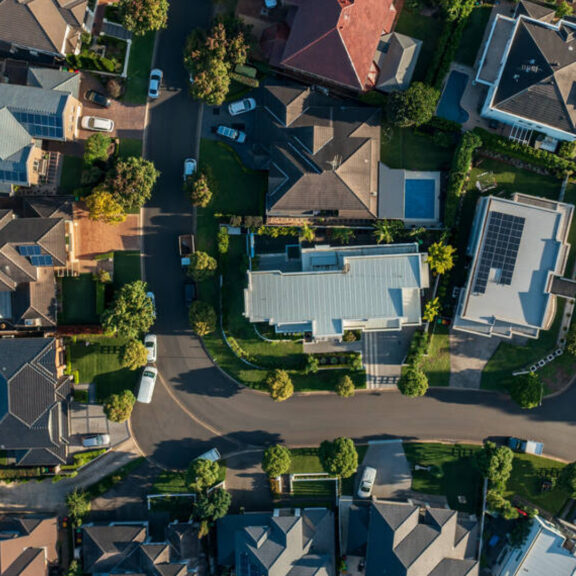
How Rising Property Prices Affect Your Home Loan and Buying Potential
Here’s the good news: the Australian real estate market has been experiencing significant growth in recent years, with house prices in major cities reaching record highs. It can be a huge win for homeowners and investors, especially those planning to sell their properties soon. However, this can be an issue for potential property buyers, including […]

Build Your Wealth with a Simple Guide to Using Your Home Equity
Building wealth requires adopting the right mindset and being strategic when using available financial instruments. Essentially, it’s about making your money work in your favour. But what if you don’t have enough cash to start creating wealth? There’s an underutilised strategy that we want to share with you, and that is leveraging your home’s equity—the […]

Preparing for Interest Rate Cuts in 2025: Smart Moves to Take
The Reserve Bank of Australia (RBA) has cut rates for the first time since 2020, but several banks have yet to pass on cuts. The RBA interest rate cuts in 2025 can provide relief for borrowers and stimulate the property market. If you’re a homeowner or property investor, this presents a golden opportunity to reassess […]

